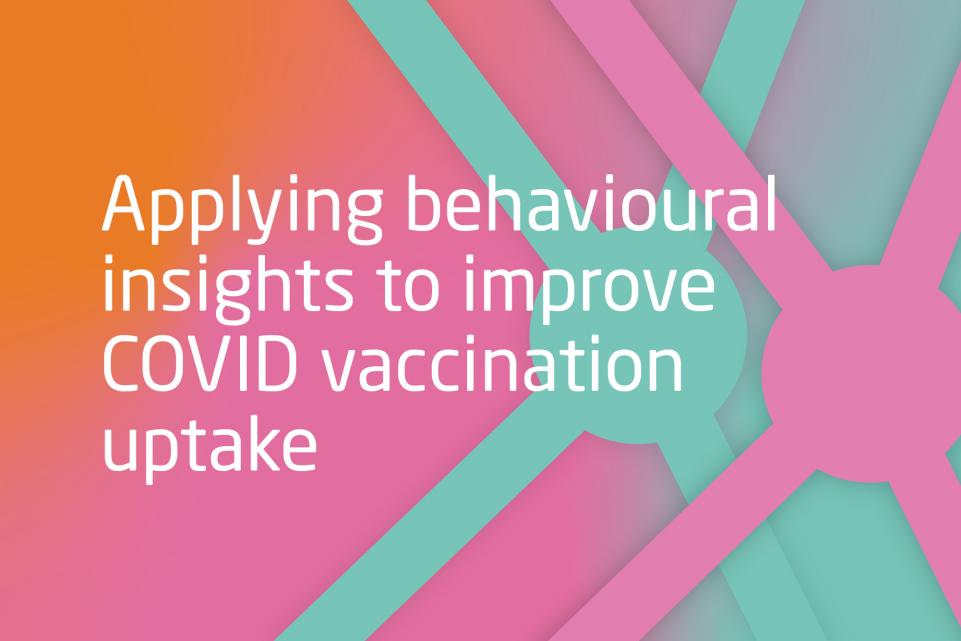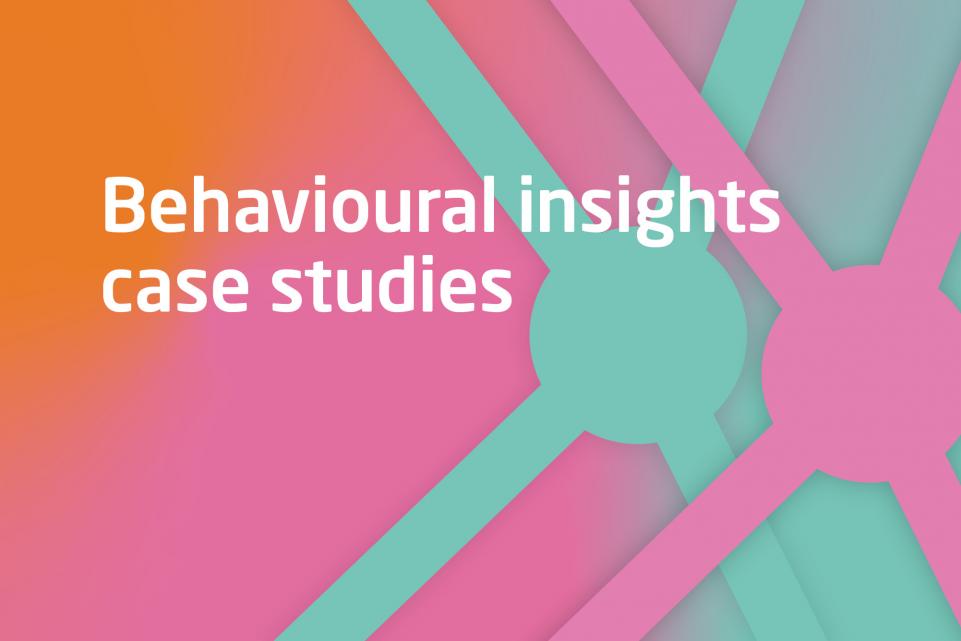Going through the prompts below can help you understand the existing gaps in capability, opportunity and motivation in your community to comply with the desired behaviour. The prompts can also help you to develop questions for your focus groups and surveys.
If you have never worked with the COM-B framework before, we recommend reading Behaviour change: guides for national and local government and partners before using this material.
Physical capability
Physical strength, coordination and stamina:
- Are individuals able to walk, take a bus, drive or use another means of transport to get to the vaccination centre and back?
Psychological capability
Knowledge, cognition, interpersonal skills, self-regulation:
- Do they understand the personal risks of contracting COVID-19?
- Do they understand the potential severity of the implications of COVID-19 upon their health?
- Do they understand the risks they pose to others if they contract COVID-19?
- Do they understand why it is important to be vaccinated (for themselves, others, and their community)?
- Do they know that the vaccine is safe and effective?
- Do they know how to get the vaccine (where to go, how to get there, when to go)?
- Do they have the skills required to access the vaccine (e.g., using an online booking system to book a test)?
- Do they know that two doses are required to achieve immunity?
- Do they remember to receive both the first and second dose?
- If they have been exposed to misinformation, do they know it is fake and not to be trusted?
Environmental opportunity
Triggers/prompts, space/time, location/services:
- Do they have the time to go and get vaccinated?
- Are vaccination sites easily accessible (location and operating hours)?
- Is there adequate social and practical support for people to attend a vaccination appointment? For example, some organisations support their staff by releasing them to take up the vaccine.
Social opportunity
Peer pressure, social norms, culture, credible models:
- Are they aware that most people in their community are planning on taking the vaccine?
- Do they see examples of other (influential) people in their community getting the vaccine?
- Is receiving the vaccination seen as ‘the right thing to do’ by the majority of people in their peer group, and they are aware of this?
- Are relevant social and cultural narratives within the individual’s community supportive of vaccination?
Reflective motivation
Plans, intentions, beliefs, identity:
- Do they see contracting COVID-19 as a severe risk to their health?
- Do they have an intention to be vaccinated and believe that doing so is within their control?
- Do they feel that being vaccinated is important for themselves, family and friends, and/or the community?
- Do they believe that the vaccination will protect them from contracting the virus and that they will not suffer harm from having it?
- Do they know that people with whom they share a common identity are also choosing to be vaccinated?
- Do they know that receiving a vaccination is consistent with their religious beliefs?
- Are they able to make specific plans to receive the vaccine?
Automatic motivation
Emotions, desires, impulses, habits:
- Do they experience overwhelming feelings of fear, anxiety, or worry about taking the vaccine?
References
- WHO (2020). Behavioural considerations for acceptance and uptake of COVID-19 vaccines
- Hertfordshire Behavioural insights unit (2020). COVID-19 Vaccination: Reducing vaccine hesitancy
- Brewer et al. (2017). Increasing Vaccination: Putting Psychological Science Into Action
This information was developed based on materials used by local authorities applying COM-B to increase vaccination take up.
Featured pages

Applying behavioural insights to improve COVID vaccination uptake: a guide for councils
This publication focuses on the work councils can undertake to improve vaccine uptake.

COVID-19: Behavioural insights case studies
A series of case studies showing how councils are using behaviour change techniques to increase vaccine uptake and COVID-19 regulation adherence.
Three-step guide to encourage COVID-19 vaccinations
Working with The Behaviouralist we have developed a three-step guide to help councils.

